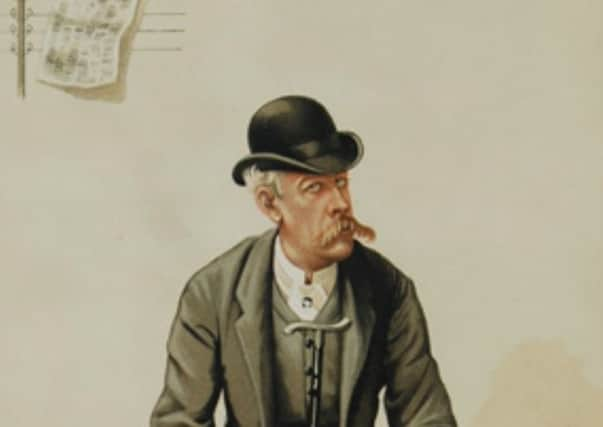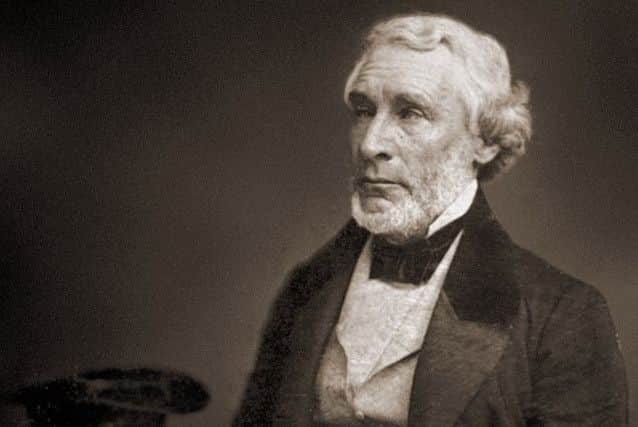Gordon Bennett! The Scot behind the popular saying


James Gordon Bennett was born on a farm near Enzie, around three miles from Buckie, in 1795 but chose to follow a friend to North America when aged 24 with just £5 in his pocket.
There, he took on a number of copy writing jobs with an ambition of making it big in the newspaper world.
Advertisement
Hide AdAdvertisement
Hide AdBy 1835, he had founded the New York Herald with a budget of just $500, producing a four-page penny paper from a cellar in the city.


Over the next 37 years, Bennett built the Herald into the newspaper with the largest circulation in the world.
In his drive for reader, he was the first to list the closing prices of stocks traded each day on the New York Stock Exchange, introduced a social column to the paper and hired as many as 63 correspondents to cover the Civil War.


Circulation soared, distribution expanded through the use of rail and steamship and people soaked up the diet of news and scandal that was delivered like never before. Bennett became an incredibly wealthy man,
Advertisement
Hide AdAdvertisement
Hide AdBut how did an old Banffshire loon embed himself in the lexicon of the English language?
The answer lies in his son - also James Gordon Bennett - who became one of America’s most famous playboys of the day.
Quite the counterpoint to his roots in Enzie, James Gordon Bennett Junior indulged in fast cars, planes and women after becoming a fantastically rich heir to his father’s fortune.
Such was his devotion to the good times, he used his inheritance to sponsor the Isle of Man Bennett Trophy motor races between 1900 and 1905 as well as the Gordon Bennett Cup international hot air balloon race, which is still held today.
Advertisement
Hide AdAdvertisement
Hide AdHe took over the Herald in 1866 and with the belief his paper was “not to instruct, but to startle”, Bennett pulled out the big guns to impress.
He hired adventurer Henry Morton Stanley to travel to Africa to find missing missionary and explorer Dr David Livingstone and, with more tragic consequences, funded the North Pole expedition of George W De Long, a mission which ended in the deaths of 20 men.
Despite the loss, Bennett believed in stunts and sensation, both at his paper and in his not-so-private life. He once entered the Guinness Book of Records for the Greatest Engagement Faux Pas after urinating, blazing drunk, in the fireplace of the home of his fiancées parents.
It was events like these that partly led to Gordon Bennett being used as a polite way of dealing with the unexpected.
Advertisement
Hide AdAdvertisement
Hide AdBennett moved permanently in Europe from 1877 and continued to run the New York Herald from his 314-foot yacht, the Lysistrata.
The use of his name has also been described as a “minced oath” where an offensive term is toned down by misspelling or mispronunciation.
Some etymologists believe Gordon Bennett is also substitute for “gorblimey”, which in itself is use to replace “God blind me”.
